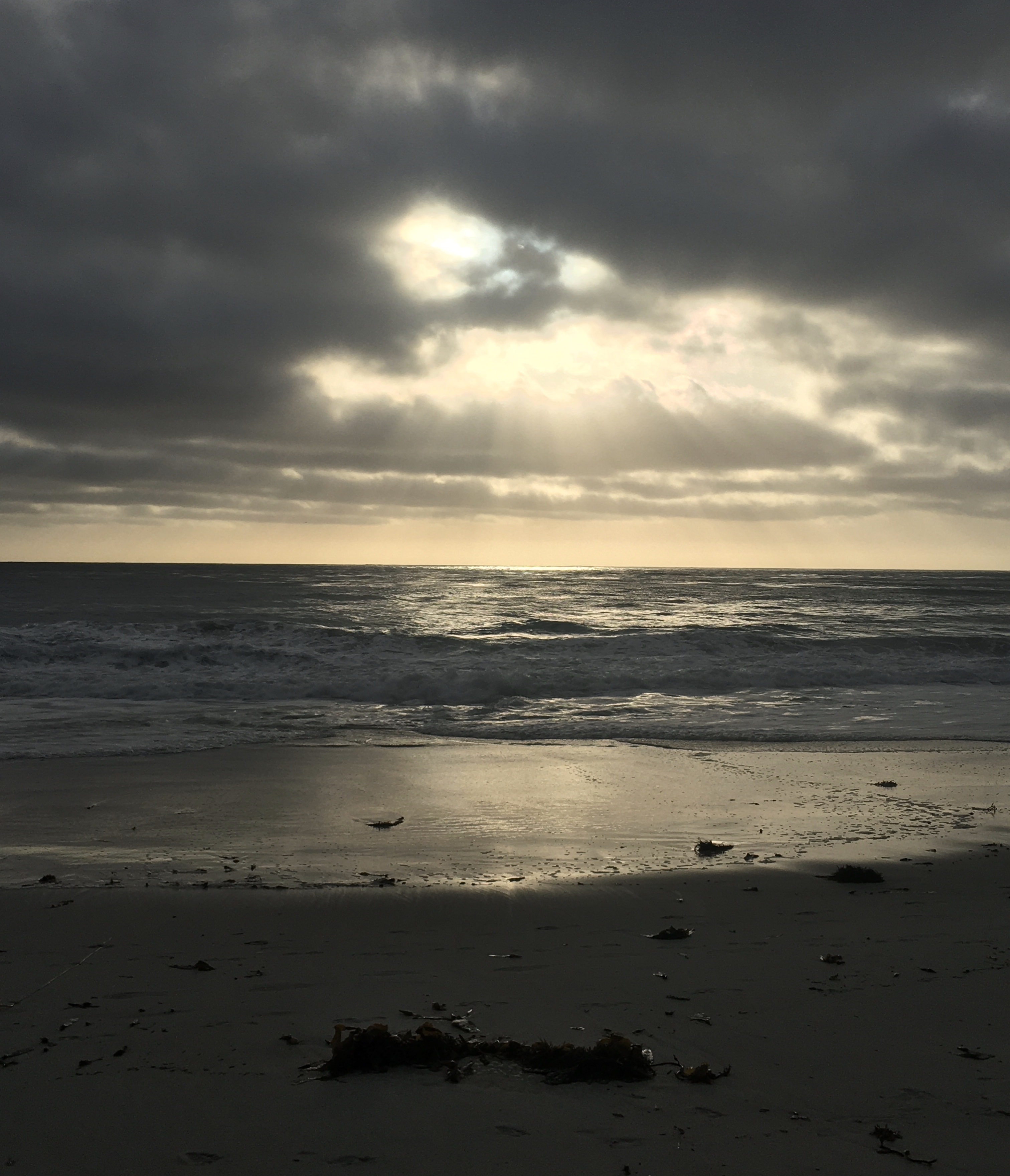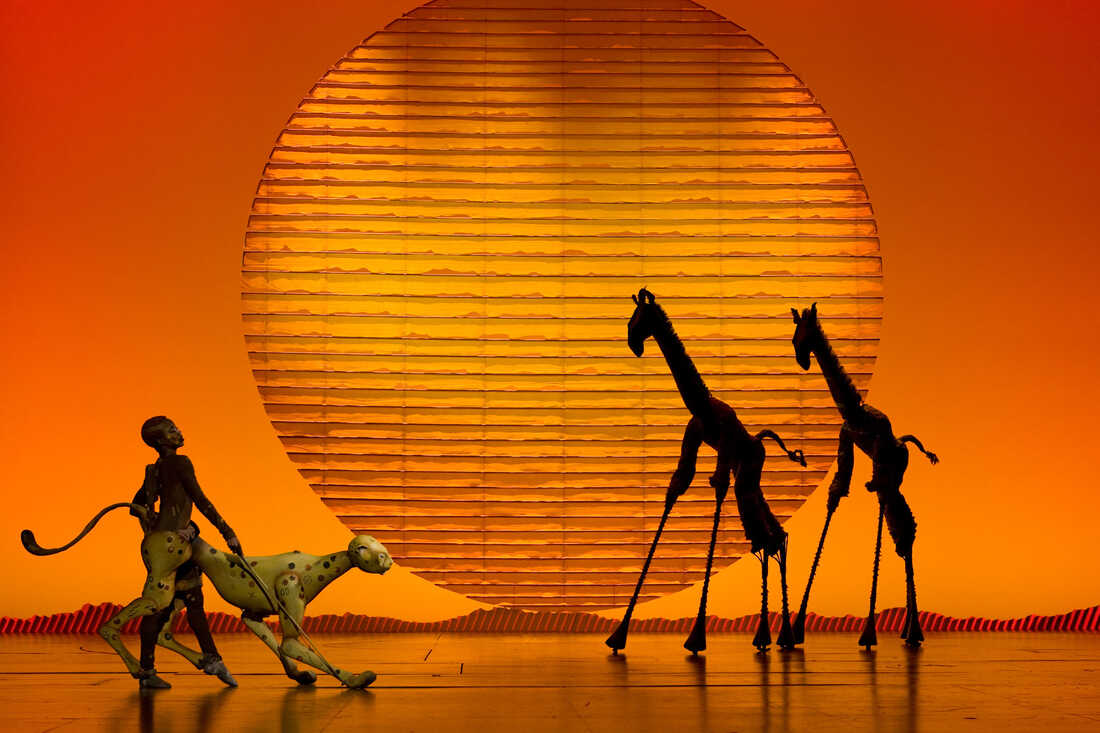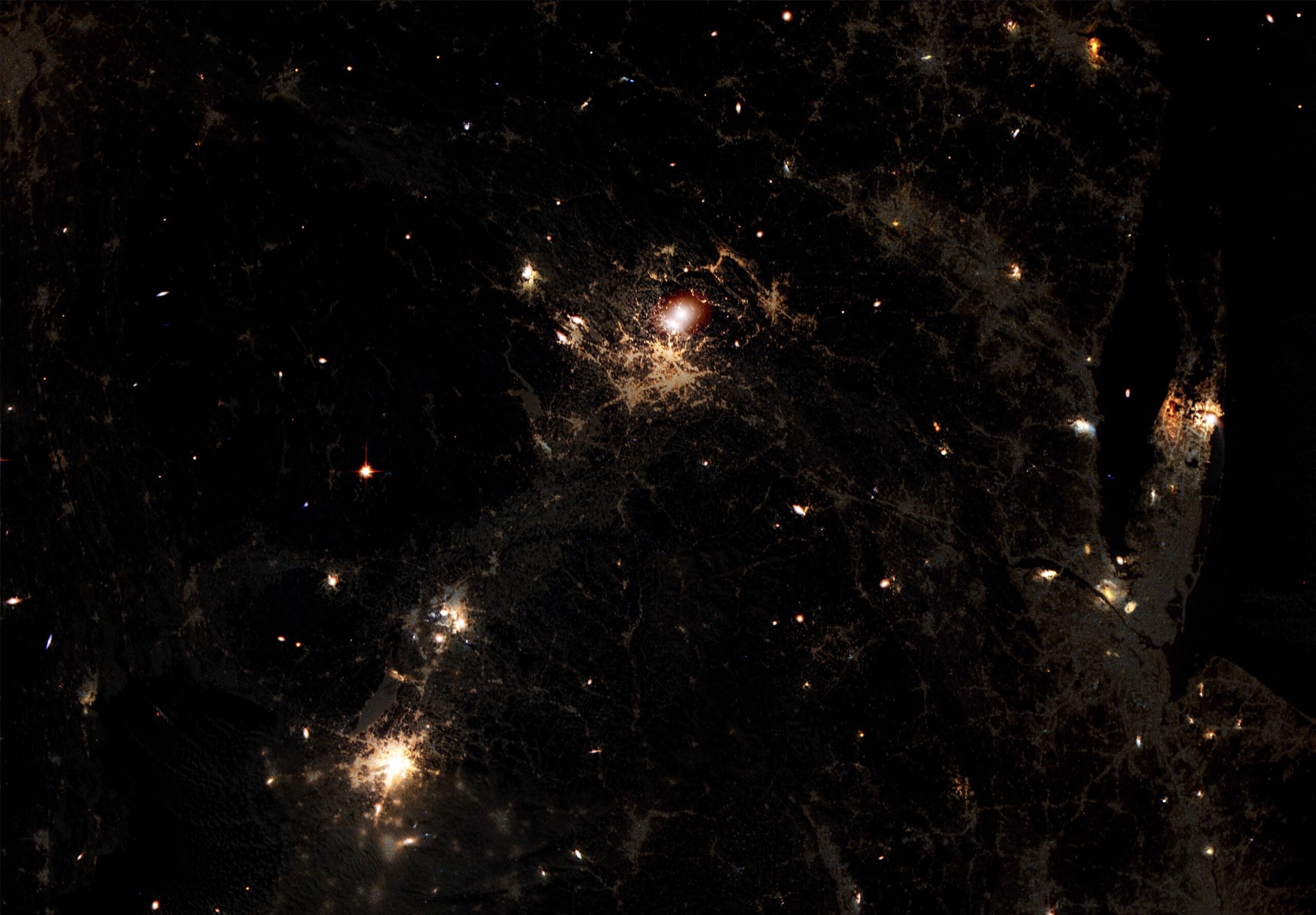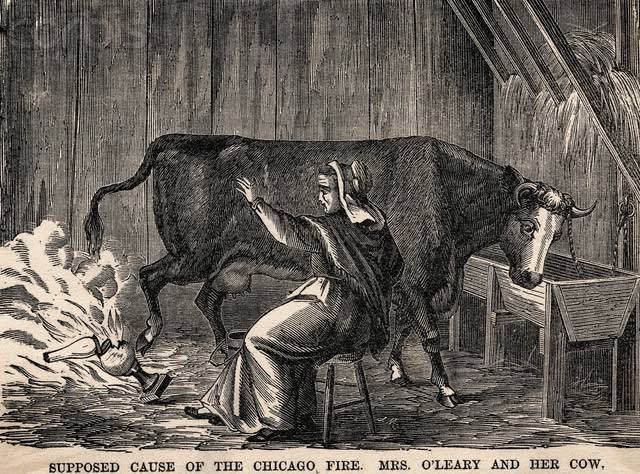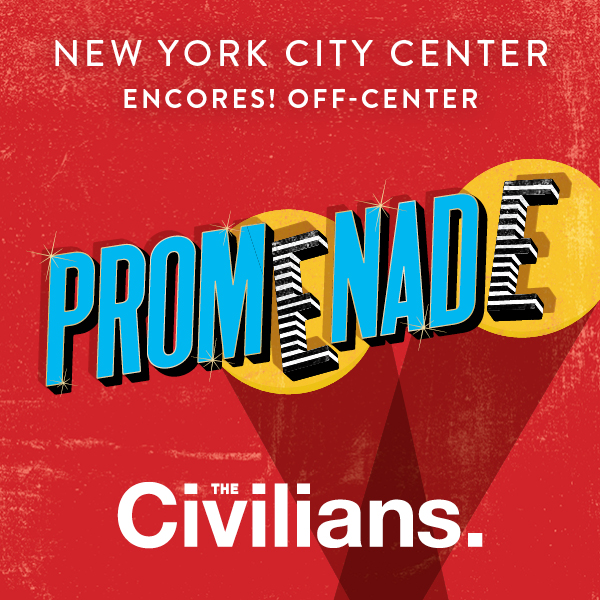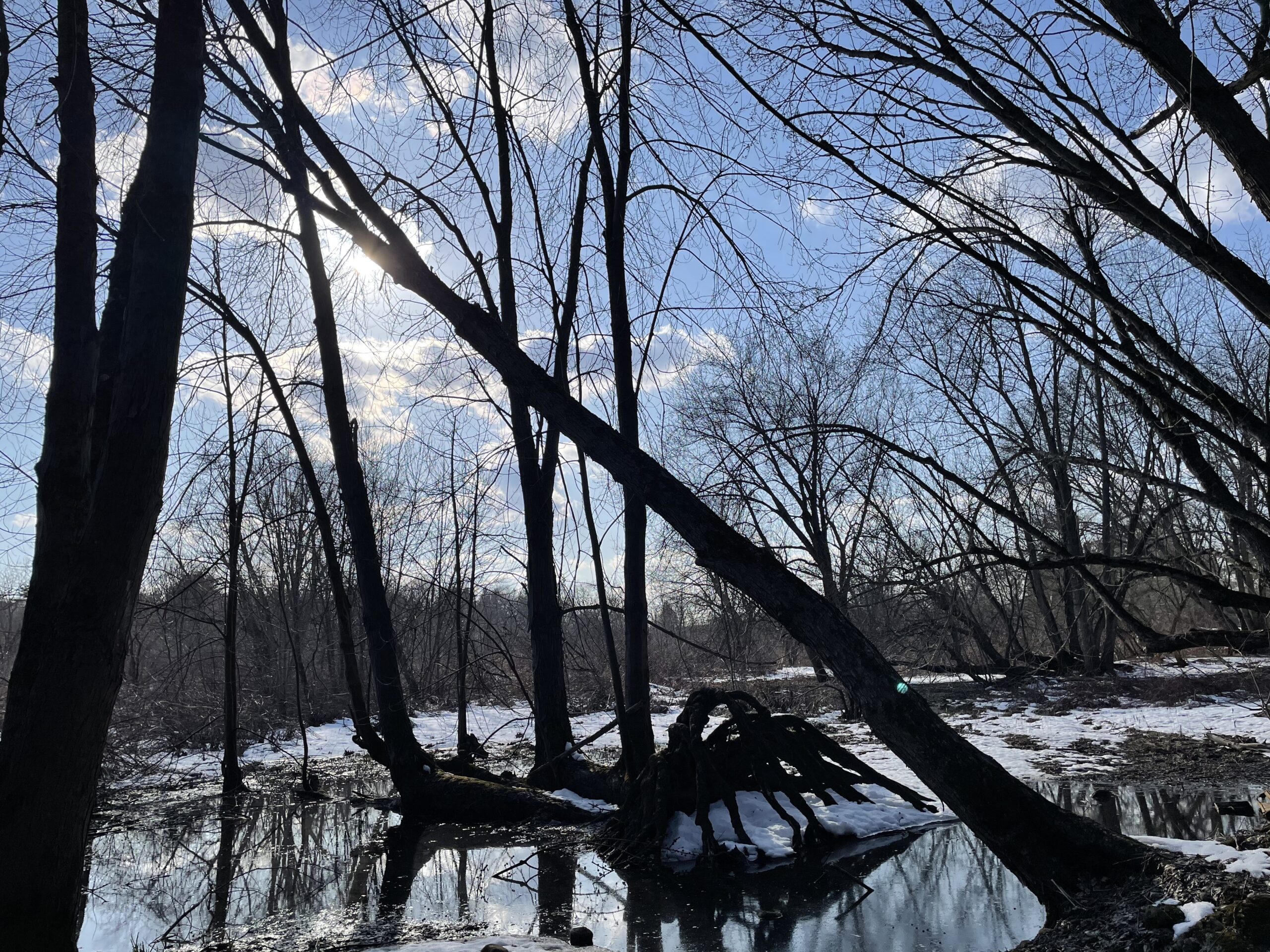This piece was written in May, 2020.
With nothing but time on my hands (when I’m not baking or potting plants), I’ve been re-reading some old favorites, one of them being Peter Brook’s The Empty Space. During this quarantine I’ve had millions of thoughts about art and theatre swirling in my mind and this book has been a helpful way to ground them.
As New Yorkers we are constantly engulfed in various noises around the clock. Some are sweet chords, some are challenging chords, but most sound like that old piano teacher teaching “Heart and Soul” for the zillionth time. This noise is what Brook would call Deadly Theatre. Here are some elements of Deadly Theatre:
- Theatre that is made in pursuit of money over art.
- Theatre that has prescribed stage directions that are followed to the letter and leave no room for creativity or spontaneity.
- Theatre that is illustrative and imitative over innovative.
- Theatre that is so clearly “defined” it only allows for a singular interpretation.
- Theatre that follows rules instead of challenging them.
This list is not comprehensive or definitive, but does evoke a certain image of the theatre Brook is describing. He offers us a provocation with space for us to write our own experiences into the narrative. This conversation around deadly art can be found in the writing of other artists as well, such as Artaud, Albee, and Kantor, and visual artists such as Kandinsky and Kusama, amongst others. What I have responded to in all of these artists, and something I attempt to keep alive in my own work, is an eternal fire for reinvention in our humanity and art.
Our evolution as humans is intrinsically linked to our evolution as artists. I am someone who prioritizes a daily practice of reflection and trying to understand what drives me, challenges me, frightens me, and why. Recently I’ve realized my last three projects that I’ve been developing have all been, unconsciously, reflecting my own journey as a human. My new rock musical Salomedeals with stepping into one’s darkness in order to find power and eradicate the shadows with light; Love, Medeawrestles with how we transform the demons we once kept in shadow to find healing; and my newest project The Jonah Cycle |Acts of Birth and Rebirth| is rooted in the process of undergoing spiritual alchemy to achieve a higher consciousness.
Our work is personal. It’s a reflection of our soul, our manifesto as humans. To create art is to sacrifice and reveal a hidden part of ourselves in the hopes that we will be able to connect to, inspire, and change others. It comes from a place of selflessness. What we see and experience in our waking life is a manifestation of the inner life existing within us, individually and communally. The Greeks knew this; so did Strindberg, Ibsen, Chekhov, Shakespeare, Williams, and contemporary peers such as Susan Lori Parks, Jose Rivera, and Sarah Ruhl, to name a few. These writers have a transcendent quality to their work. However, in our modern landscape, such a quality is rare. By losing our connection to a higher existence, we have sentenced our work to exist in a single dimension, the terrestrial.
It is vital for us, at this moment in history, to challenge our relationship to space and engagement with performer and audience, such as we do in immersive and site-specific forms. Spatial relation between performers and audiences is at the very core of our current situation; how can we create live work when proximity and community is a threat to our survival? In looking at this question, perhaps, it is an opportunity to ask: What is the role of space in a theatre piece? Is it just a backdrop or envelope for performance? Or, can it be a living, breathing character with as much of an arc as the dramatis personae? When you read the plays of Williams, Chekhov or Ibsen, for example, you see how space is so clearly evoked, beyond the literal interpretation. Space is not just a location; it is a transformative dramatic character. Yet, seldom is space as well crafted and nuanced in production as the characters in these writers’ work. As we begin to re-consider our approaches to returning to the theatre, in the more traditional architecture of the word, we could also begin re-thinking our approaches to the evocation of theatrical worlds.
In his essay “Holy Theatre; or Theatre of the Invisible-Made-Visible,” Peter Brook grapples with how we reconnect with a more primal approach to theatre-making that connects us back to theatre as ritual.This speaks to a theatre of innovation and transformation. It’s about transcendence – which is the transformation from the ordinary mental state with its daily, mundane concerns, into an expansive, more cosmic mind in which the sense of infinity and eternity begin to replace the preoccupation with worldly circumstances.
So, what next? I’m not sure, but I think about it daily, and dream of a better tomorrow. In the bigger scheme of things, I don’t have a lot of ‘power’. I don’t have millions of dollars to invest or institutions on speed dial, nor do I have millions of social media followers; and that’s OK. Change begins one person at a time, and we just need to live the change we want to see. I love theatre and I love art, deeply. And, I hope that even though times will be hard as we move forward we prioritize supporting new work and artists that dare to challenge and innovate our archaic forms and not fall back on what we deem “safe.”
For now, I am learning to reconnect to the earth, to myself, and with those I care about. Tapping back into these more primal relationships is helping me to cast away the veneer and mandates of our previous existence in order to listen more closely to my own authentic impulses. I am also exploring what it means to create theatre on a virtual platform and in a socially distanced capacity. In these experiments I am attempting to connect with the elements that make theatre unique–its liveness and community. I’ve been working with my partner to create a series of monologue plays in collaboration with some wonderful actors I am fortunate enough to call friends. They will be released online next month. Additionally, I am dreaming up the socially distanced performances I’ll be creating on the California beaches and in the breathtaking architecture of nature. And, with the Civilians’ R&D group I am collaborating with Jason Tseng on Sanctuary. Once we are able to safely gather again, I am excited to physically create the world and experience that Jason is creating and to create a space for audiences to become collaborators and co-author the experience with us.
As the days go by, I keep my faith in humanity and art alive. And I remember what Chekhov once wrote, “When we work, if we act or if we write it mustn’t be for glory, it mustn’t be for fame…it must be about the ability to endure. To carry your cross and have faith.”
P.S: If I can recommend any other good reads over this time consider looking up Concerning the Spiritual in Art by Wassily Kandinsky, A Journey Through Other Spaces by Tadeusz Kantor, and The Theatre and It’s Double by Artaud.
Author
-
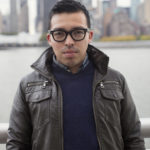
Michael Alvarez (Director) is an international and interdisciplinary director and visual artist. He has directed in New York, London, Los Angeles, Atlanta and Eastern Europe, including such institutions as Her Majesty’s Theatre in the West End, Arcola Theatre, Institute of Contemporary Arts (UK), and the British Museum. Michael was a recent 2050 Directing Fellow at New York Theatre Workshop, a Drama League Directing Fellow, and a member of the Lincoln Center Director’s Lab. His new piece, "Love, Medea," with writer Peter Gray, will be in residence at the Center at West Park in January 2020, and his new musical, "Salome," will have a residency at A Noise Within in Los Angeles in Spring 2020. He holds a BA in Performance Art from the Royal Central School of Speech and Drama and an MFA in Directing from California Institute of the Arts. www.Michael-Alvarez.com


